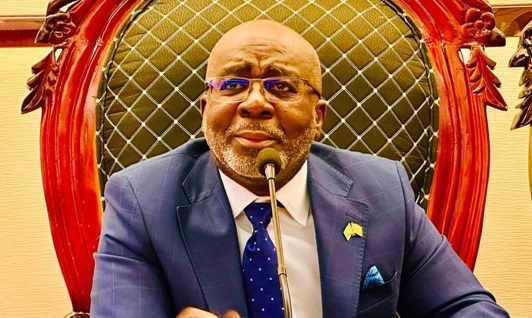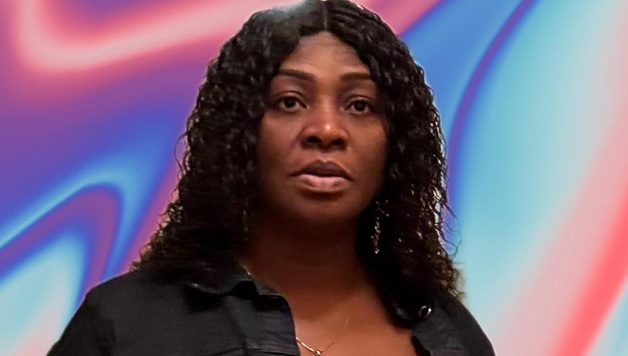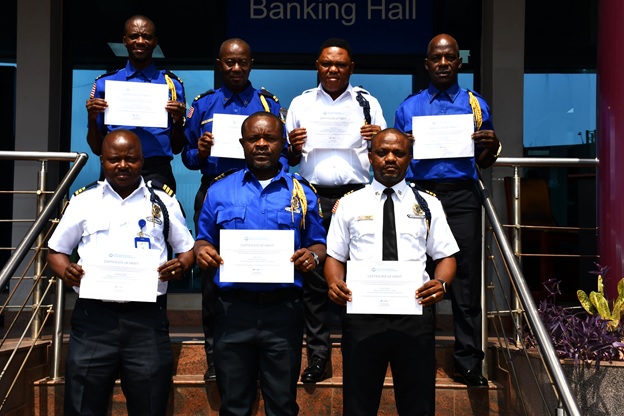MONROVIA, LIBERIA – Speaker J. Fonati Koffa has raised concerns about Liberia’s economic dependence on remittances from Liberians living in the United States, noting that the funds sent back home in 2023 surpassed the country’s national budget. In a Facebook post on Sunday, February 9, 2025, following his return from the U.S. a day earlier, Koffa’s remarks sparked discussion: “Liberians in the US remitted approximately 800 million USD in 2023, an amount higher than the national budget. Let’s pray that Donald Trump doesn’t go for them.”
His statement highlights the vulnerability of Liberia’s economy, which remains heavily reliant on external financial inflows rather than domestic productivity. The warning about former U.S. President Donald Trump, who is seeking re-election and has a history of tough immigration policies, suggests that any crackdown on Liberians living in the U.S. could have significant economic consequences for the country.
While Koffa’s comments on remittances have drawn attention, his remarks on Liberia’s legislative crisis have further deepened political tensions. He reaffirmed his rejection of Richard Nagbe Koon’s speakership, which was secured through a vote by the Majority bloc of the House of Representatives. Koffa insisted that he would not recognize Koon’s leadership, emphasizing that he is still seeking legal clarity on the situation.
“For me to sit under the leadership of Speaker Koon is to legitimize his speakership, and that is something I cannot do at this moment,” Koffa stated. His refusal to acknowledge Koon underscores the ongoing division within the House of Representatives, where rival factions continue to battle for control.
The dispute over the speakership erupted following the power struggle that unfolded after the legislative elections. Koon, backed by the Majority bloc, was elected as Speaker, but Koffa, a key figure in the opposing camp, has refused to concede. His latest remarks signal that the crisis is far from over and that the legal and political struggle for the leadership of the House is likely to continue.
The controversy surrounding Koffa’s stance raises questions about the stability of the legislature and its ability to function effectively amid internal divisions. With key legislative matters pending, the absence of unity in the House could further stall governance and decision-making processes.
Meanwhile, Koffa’s remarks about Liberia’s dependence on U.S. remittances have fueled debate about the country’s economic structure. While remittances provide crucial support for many Liberian households, they also reflect the country’s economic fragility and the lack of sustainable domestic revenue sources. Koffa’s statement serves as a stark reminder of the need for policies that promote job creation and economic self-sufficiency within Liberia.







